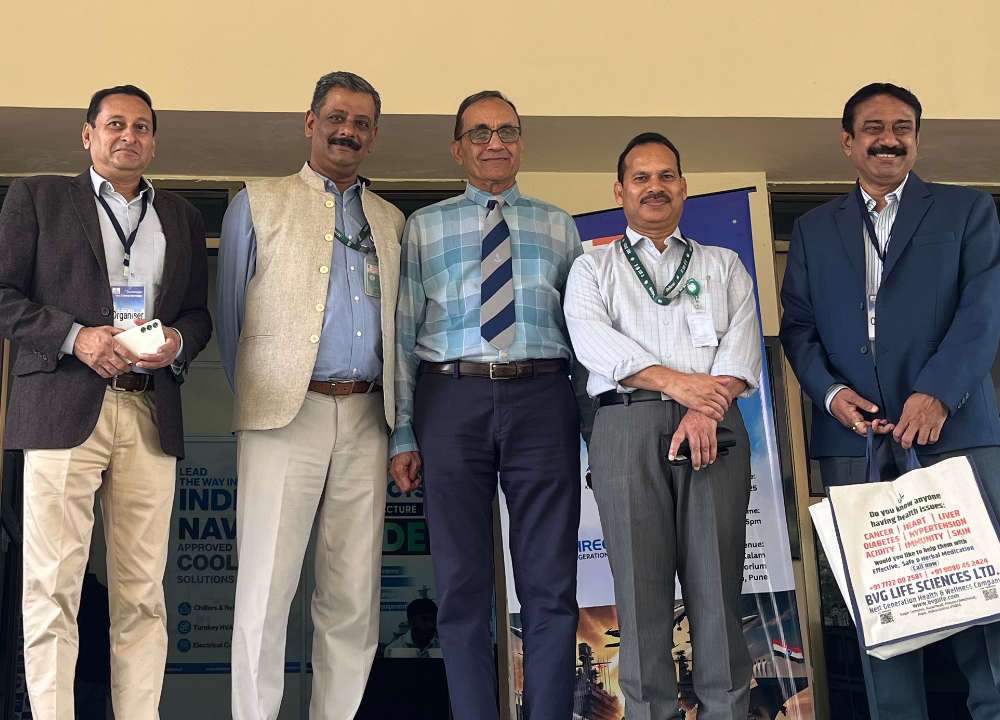Reliance Industries Ltd, the Indian conglomerate with interests spanning from oil to telecommunications, is set to commence production at its new battery gigafactory in the latter half of 2026, according to Chairman Mukesh Ambani.
The facility, located in Jamnagar, Gujarat, will have an initial annual capacity of 30 GWh. The gigafactory will start by assembling battery systems and packs and will eventually expand to include cell manufacturing and chemical production.
“Construction is already underway for our integrated, advanced chemistry-based battery manufacturing facility, which will have a 30 GWh capacity. We anticipate starting production by the second half of next year,” Ambani announced during the company’s annual general meeting.
Situated within the sprawling 5,000-acre Dhirubhai Ambani Green Energy Giga Complex in Jamnagar, the plant is part of Reliance’s ambitious plans to become a key player in the energy storage market. The company has already established a pilot line with a capacity of 50 MWh per year for manufacturing lithium-ion battery cells through its subsidiary, Lithium Werks, which can be scaled up for commercial production.
Initially, the gigafactory will focus on producing Battery Energy Storage Systems (BESS) for utility-scale applications, as well as battery packs for residential, commercial, industrial, telecom, and mobility markets. Over the next few quarters, Reliance plans to integrate backward into cell manufacturing and eventually move into battery chemicals production.
Reliance Industries has been selected under the Indian government’s production-linked incentive (PLI) scheme for advanced chemistry cell battery manufacturing, securing a 5 GWh capacity allocation. The company is also bidding for an additional 10 GWh capacity under the same scheme.
In addition to Reliance, other Indian companies like Ola Electric, Amara Raja, Exide Industries, and GODI India are also establishing gigafactories, with India’s overall battery manufacturing capacity projected to reach 150 GWh by the end of the decade.
Ambani highlighted the modular design of the gigafactory, which will allow for rapid expansion in 30 GW increments, catering to both domestic and global demand across various applications, from stationary storage to mobility.
Reliance plans to leverage the technological expertise of its subsidiaries, Lithium Werks and Faradion, to drive innovation in battery manufacturing. The company is also advancing its sodium-ion battery technology, with plans to industrialize sodium-ion cell production at a megawatt level by next year.








